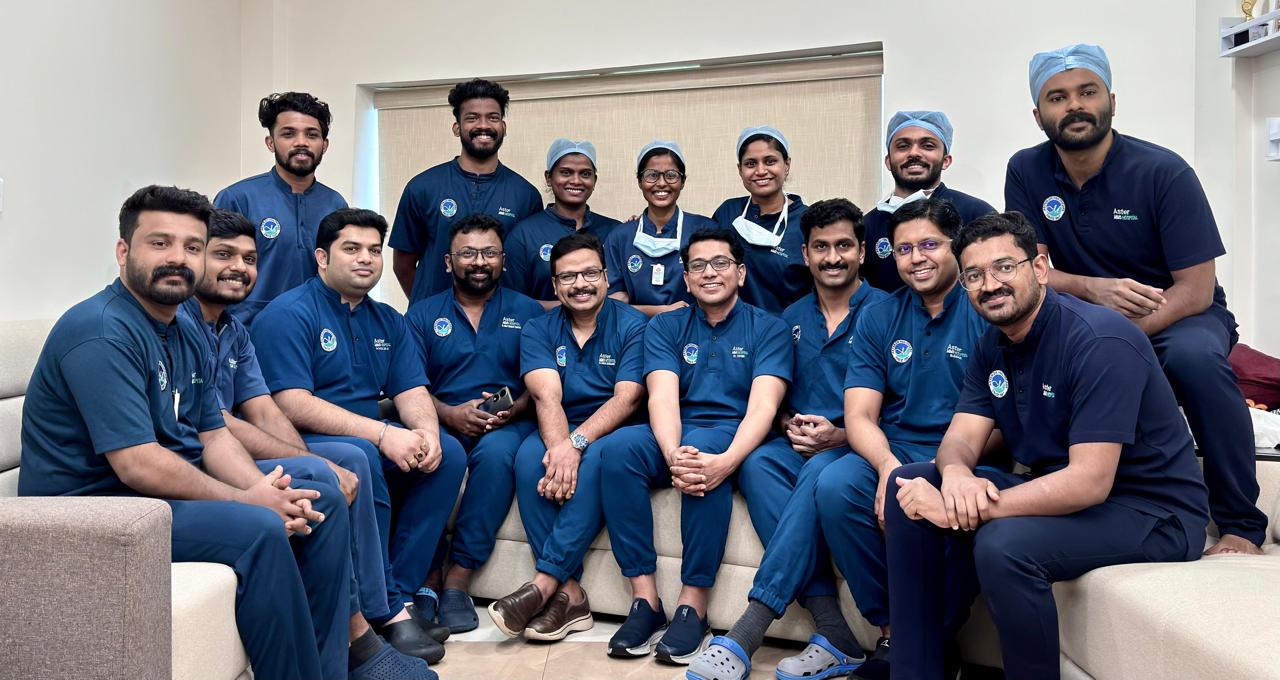
Shorter
Operating Time

No Stitches,
No Scarring

Faster
Recovery

Minimal
Blood Loss

An interventional radiologist (IR) is a medical specialist who performs minimally invasive curative or palliative treatments using radiologic imaging for procedure guidance. Interventional radiology treatments have become the primary method of care for a variety of conditions, offering less risk, less pain and less recovery time, compared to open surgery.
Years of Experience
Surgery Performed
Happy Patients
Repeated Patients
Dr. Rahul Deep G is a distinguished Consultant Interventional Radiologist, practicing at premier hospitals across South India, including Manipal Hospital Sarjapur, Manipal Hospital Varthur Road, Aveksha Hospital, Altius Hospital in Bengaluru, Aster Hospital Kottakkal, SP Medifort, and Neyyar Medicity in Trivandrum. Trained in Interventional Radiology at Manipal Hospital Mangalore, Dr. Rahul is a pioneer in endovascular and non-vascular interventions, setting new standards in minimally invasive treatments.
Varicose veins are enlarged, twisted veins that most commonly occur in the legs due to faulty valves and poor blood flow.
They are caused by weak or damaged vein valves. Factors like aging, pregnancy, obesity, prolonged standing, and genetics increase the risk.
• Visible bulging veins
• Leg pain or heaviness
• Swelling in the legs or ankles
• Burning, throbbing, or cramping
• Skin discoloration near veins
While often harmless, they can lead to complications like skin ulcers, blood clots (DVT), or bleeding in severe cases
Treated veins don’t return, but new varicose veins can develop. Ongoing care and preventive measures are important.
While not always preventable, risk can be reduced with regular exercise, weight control, avoiding prolonged standing/sitting, and wearing compression stockings.
Many insurance plans cover treatment if it’s medically necessary (e.g., for pain or ulcers), but cosmetic treatments may not be covered.
Thyroid ablation is a non-surgical, minimally invasive procedure used to shrink benign thyroid nodules using heat energy—usually microwave or radiofrequency—guided by ultrasound.
Patients with benign, symptomatic thyroid nodules (causing pressure, discomfort, cosmetic concerns, or mild hyperthyroidism) who want to avoid surgery.
A needle-like probe is inserted into the thyroid nodule under ultrasound guidance. Heat is delivered to destroy nodule tissue, which gradually shrinks over weeks to months.
Yes. It is a well-established, safe outpatient procedure with minimal risks and quick recovery.
No. It is usually done under local anesthesia with light sedation.
• No neck scar
• Preserves thyroid function
• Minimal downtime
• Fewer complications
• Outpatient procedure
Most patients resume normal activities the same day or next day.
Studies show 50–90% size reduction within 6–12 months and significant symptom relief.
Treated nodules typically do not regrow. However, if needed, the procedure can be safely repeated.
No. The normal thyroid tissue is preserved, and thyroid hormone levels remain normal in most patients.
Coverage depends on country and insurer. Many providers are beginning to recognize ablation as a valid alternative to surgery for benign nodules.
Minor side effects may include temporary pain, swelling, or bruising. Serious complications are rare.
Empowering patients to make the right decision related to their diagnosis and treatment.
Disclaimer: An e consultation/ teleconsultation may not entirely replace the need for an in person consultation and examination. The opinion provided through e consultation/teleconsultation is entirely based on the informations and reports provided by the patient. It may change as per subsequent examination findings or reports.
